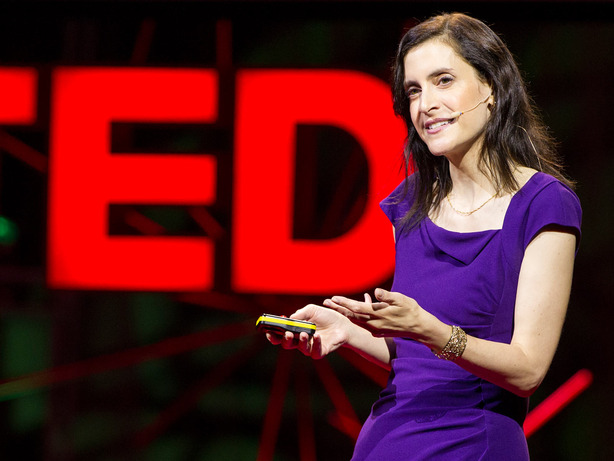I'd like you to come back with me for a moment to the 19th century, specifically to June 24, 1833.
我希望先带你们回到19世纪,确切地说回到1833年6月24日。
The British Association for the Advancement of Science
英国科学促进协会正在剑桥大学,
is holding its third meeting at the University of Cambridge.
召开第三届大会。
It's the first night of the meeting,
会议举办的第一天晚上
and a confrontation is about to take place that will change science forever.
发生了一次大讨论,永久的影响了科学的发展。
An elderly, white-haired man stands up.
一个白发苍苍的老者站了起来,
The members of the Association are shocked to realize that it's the poet Samuel Taylor Coleridge,
与会成员惊讶的意识到,他是诗人塞缪尔·泰勒·柯勒律治,
who hadn't even left his house in years until that day.
而今天是他多年来的第一次公开露面。

They're even more shocked by what he says.
但是更让他们震惊的是他说出来的话。
"You must stop calling yourselves natural philosophers."
“你们不应该继续自称为‘自然哲学家’了。”
Coleridge felt that true philosophers like himself pondered the cosmos from their armchairs.
柯勒律治认为真正的哲学家应该是像他那样,坐在自己的靠椅上思考宇宙万物的。
They were not mucking around in the fossil pits
哲学家是不应该在化石坑里面折腾的,
or conducting messy experiments with electrical piles like the members of the British Association.
也不应该像英国科学促进协会的会员们那样拿着电极做些恶心的实验。
The crowd grew angry and began to complain loudly.
人们变得愤怒并开始大声的抱怨。
A young Cambridge scholar named William Whewell stood up and quieted the audience.
一位名叫威廉姆·胡威立的年轻剑桥学者站起来让大家安静了下来。
He politely agreed that an appropriate name for the members of the association did not exist.
他很礼貌的承认还没有合适的名字来描述协会成员的身份。
"If 'philosophers' is taken to be too wide and lofty a term,"
“如果‘哲学家’一词过于宽泛和崇高,”
he said, "then, by analogy with 'artist,' we may form 'scientist.'"
“那么,类比‘艺术家’与‘艺术’的叫法,我们可以使用‘科学家’一词。”
This was the first time the word scientist was uttered in public, only 179 years ago.
这是‘科学家’一词首次为公众所知,至今不过179年。












